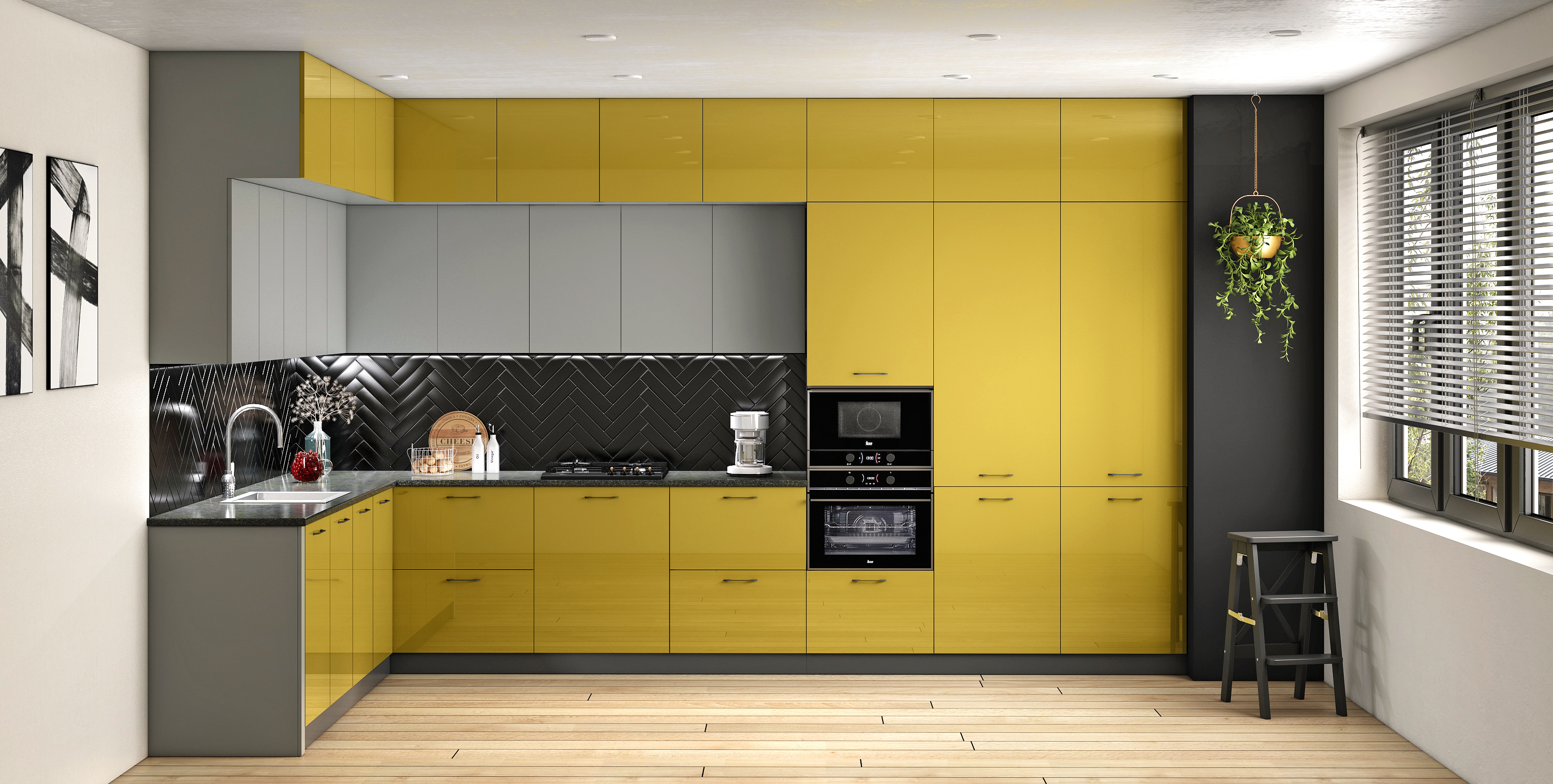
Best Tips For Choosing A Modular Kitchen Which Suits You
Modular kitchens are a contemporary and innovative approach to kitchen design that offers a variety of benefits over traditionally built kitchens. It is designed using a series of prefab modules or cabinets that can be combined and customized to create a functional and aesthetically pleasing space for anyone to prepare their meals.
When it comes to a modular kitchen renovation on a budget, strategic planning and smart choices can help you achieve a fresh and updated look without breaking the bank. The modular approach to kitchen design offers many advantages, such as flexibility, durability, ease of installation and a wide range of options for customization.
Additionally, modular kitchens are easy to maintain and repair, making them a popular choice for busy homes. Here are 20 tips to help you navigate the process and create the kitchen of your dreams:
20 Tips for Choosing the Perfect Modular Kitchen Design
Assess Your Needs:
Before diving into design options, think about how you use your kitchen. Do you love to cook elaborate meals, or is it more of a quick and casual affair? Consider your cooking habits, storage needs, and lifestyle.
Set a Budget:
Determine your budget early on. This will help you narrow down choices and focus on designs and materials that fit within your financial constraints. If you want to renovate your home this festive season, you hire the best interior designers firm in Chennai. Click the link to visit the website.
Understand Kitchen Layouts:
There are several popular kitchen layouts to choose from, such as L-shaped, U-shaped, galley, and island kitchens. Each layout has its advantages, depending on the size and shape of your space.
Consider the Space Available:
Measure your kitchen space accurately to ensure that the modular design you choose fits perfectly without overcrowding or leaving awkward gaps.
Functionality First:
A modular kitchen should prioritize functionality. Opt for a design that provides ample storage, efficient workflow, and easy accessibility to essentials.
Choose the Right Modules:
Modular kitchens consist of various modules, such as MCS cabinets, drawers, shelves, and pull-out units. Select modules that suit your storage needs and cooking style.
Think About Work Zones:
Divide your kitchen into distinct work zones for cooking, prepping, cleaning, and storage. This ensures a smooth and organized workflow while cooking.
Material Selection:
The materials used in your modular kitchen impact both its aesthetics and durability. Choose high-quality materials that can withstand the rigors of daily use, such as solid wood, stainless steel, or laminates.
Cabinet Finish:
The finish of your unique cabinets can dramatically alter the look of your kitchen. Decide between glossy, matte, textured, or wooden finishes based on your style preference.
Consider Your Cooking Appliances:
Plan the placement of your cooking appliances, such as the stove, oven, and refrigerator, to ensure convenience and safety.
Lighting Matters:
Adequate lighting is essential in a kitchen. Incorporate a mix of ambient, task, and accent lighting to create a well-lit and inviting space.
Ventilation and Chimney:
A proper ventilation system is crucial to keep your kitchen free from Odors, smoke, and excess heat. Install a chimney or range hood that suits your cooking habits.
Personalize with Colours:
Choose colours that reflect your personality and complement the overall theme of your home. Neutral tones create a timeless look, while bold colours add drama.
Incorporate Smart Storage Solutions:
Maximize storage space with clever solutions such as pull-out pantry units, corner carousels, vertical racks, and built-in organizers.
Optimize Counter Space:
Countertops are valuable real estate in a kitchen. Ensure you have enough counter space for meal preparation, cooking, and serving.
Add a Kitchen Island:
If space allows, consider incorporating a kitchen island. It provides additional storage, workspace, and can double as a casual dining area or breakfast bar.
Hardware and Accessories:
Pay attention to the details by choosing stylish and functional hardware for cabinets and drawers. Handles, knobs, and hinges can enhance the overall look of your kitchen.
Balance Aesthetics with Practicality:
While aesthetics is important, don't compromise on functionality. A beautiful kitchen that lacks practicality can become frustrating to work in.
Get Inspired:
Browse through design magazines, KreateCube websites, and social media platforms for inspiration. Save images of kitchens you love to help convey your ideas to designers or contractors.
Consult with Professionals:
Finally, consider seeking advice from modular kitchen designers or interior decorators. They can offer valuable insights, suggest creative solutions, and help bring your vision to life.
Final Words:
Choosing the right modular kitchen design involves a thoughtful blend of functionality, aesthetics, and personal style. By following these 20 tips, you can create a kitchen that not only meets your practical needs but also becomes a welcoming space where you can cook, entertain, and create lasting memories.
